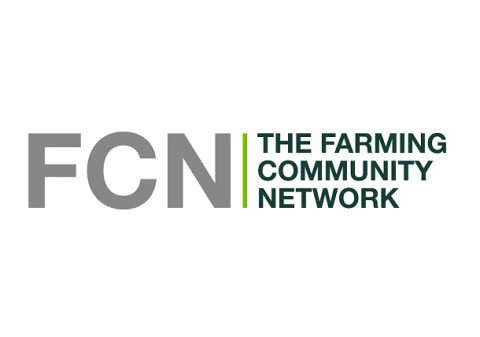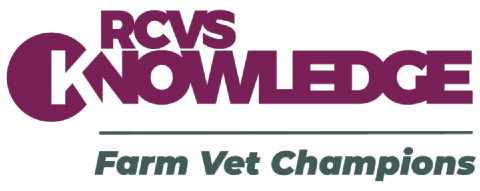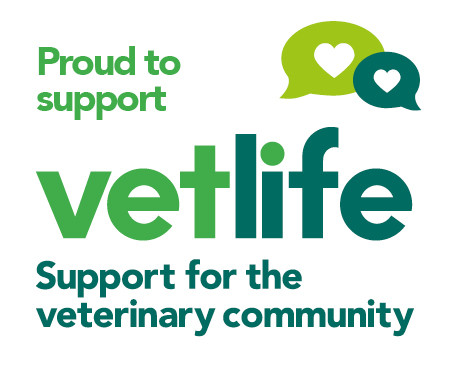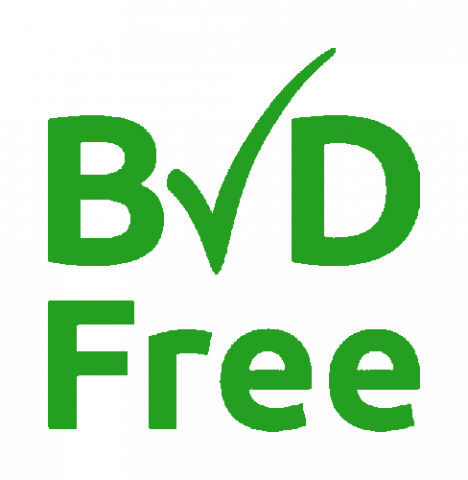For Milk Lovers 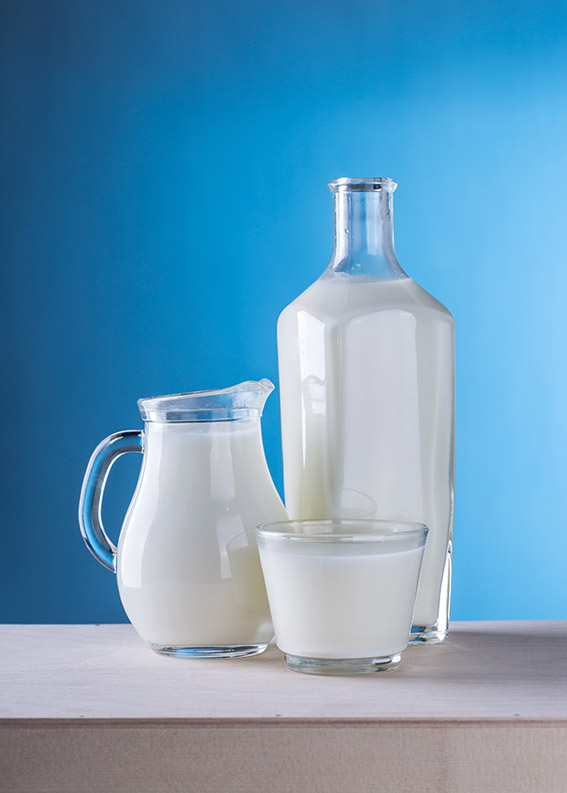
Why is MilkSure accreditation important?
Milk and dairy produce enjoy a special place in the hearts of British consumers. They expect the best from our farmers, and farmers deliver, day after day.
Farmers work hard to keep their cows healthy and comfortable to provide fresh, clean milk. Even so, there are occasions when cows become ill and require treatment. Veterinary medicines are a valuable tool in specific disease challenges so it is important that cows can benefit from them when necessary.
Quite rightly, consumers want reassurance that farmers use veterinary medicines in their animals with diligence and care. They also want reassurance that robust measures are in place to avoid traces of medicines getting into milk which is sold for human consumption.
In fact, medicine use in food producing animals is very tightly controlled. Only veterinary medicines which are licensed can ever be used. The licensing regulations are very strict, even so, the medicines must be prescribed by a vet; a farmer cannot simply purchase what he or she wants. For reasons of safety, there are far, far fewer medicines licensed for use in food producing animals than for humans, or even companion animals such as dogs and cats.
Then, for every licensed medicine there is always a licensed dose rate, route of administration, and indication for when it may be used. Following these Specific Product Characteristics, a suitable withhold period is specified, meaning it is illegal to sell the milk from the treated animal for this period of time during and after the treatment, until any potential residues will no longer be present, or will have reduced to very safe levels.
To ensure that farmers adhere to the rules, and in case of mistakes, all milk is tested for medicine residues. Every single tanker load of milk delivered to the factory must be tested by law using sensitive tests for antibiotics. If antibiotics are detected, the whole consignment must be disposed of. In addition, all milk processors must have a system in place to test milk from all individual farms on a regular basis for a wider range of medicines, and this is overseen by the Food Standards Agency. Finally, the Veterinary Medicines Directorate takes random samples of milk from farms and dairy produce from retailers to check for a range of chemicals, including veterinary medicines. The tests used are incredibly sensitive and can detect residues even at extremely low levels, far below what might be deemed to be safe levels. British milk has a very high safety standard.
Despite all of the above, the dairy industry knows it can do more. Farmers, by and large, are trusted by vets to treat their own animals when they become ill. This is different than for pet owners, who must take their animal to the vet on each occasion. Again, there is legislation as to what type and amounts of medicines a farmer may keep in their medicines cupboards, and it should always be under veterinary control. However, formerly, there was no single recognised accreditation required for dairy farmers to ensure that the way they used medicines was always correct. The MilkSure programme is designed to address that need, and to raise professionalism and competence amongst dairy farmers.

